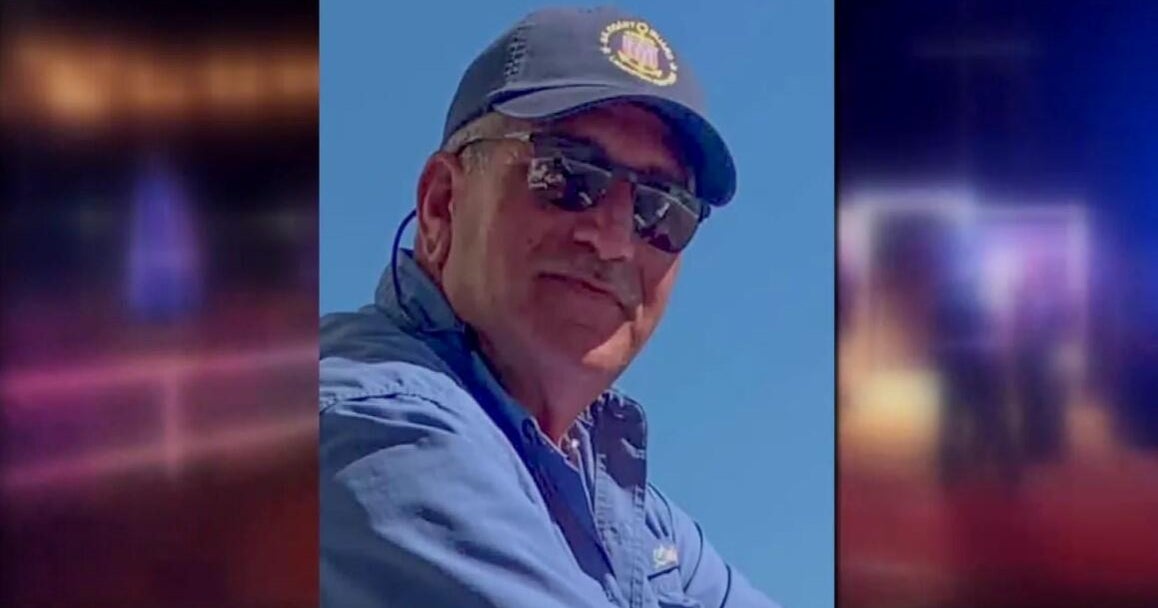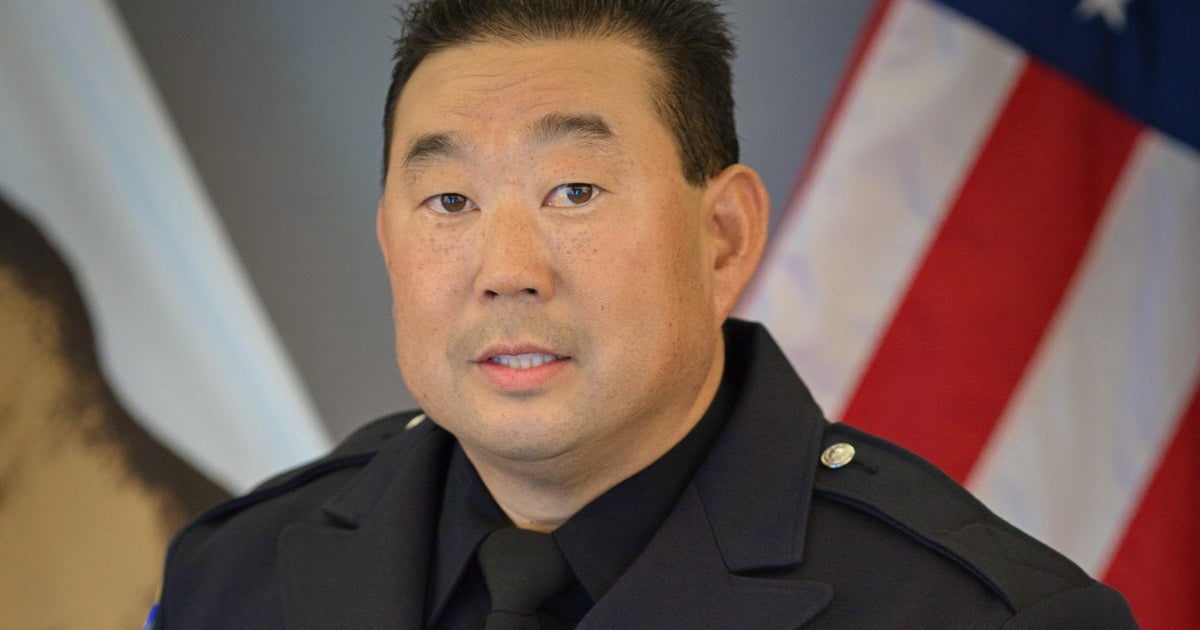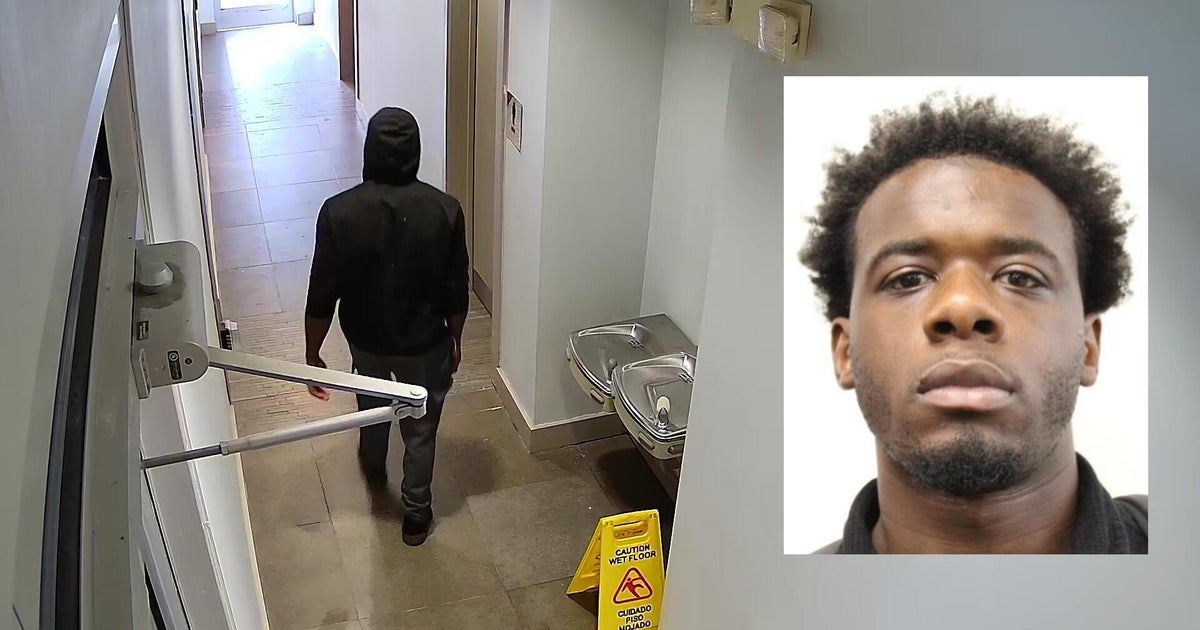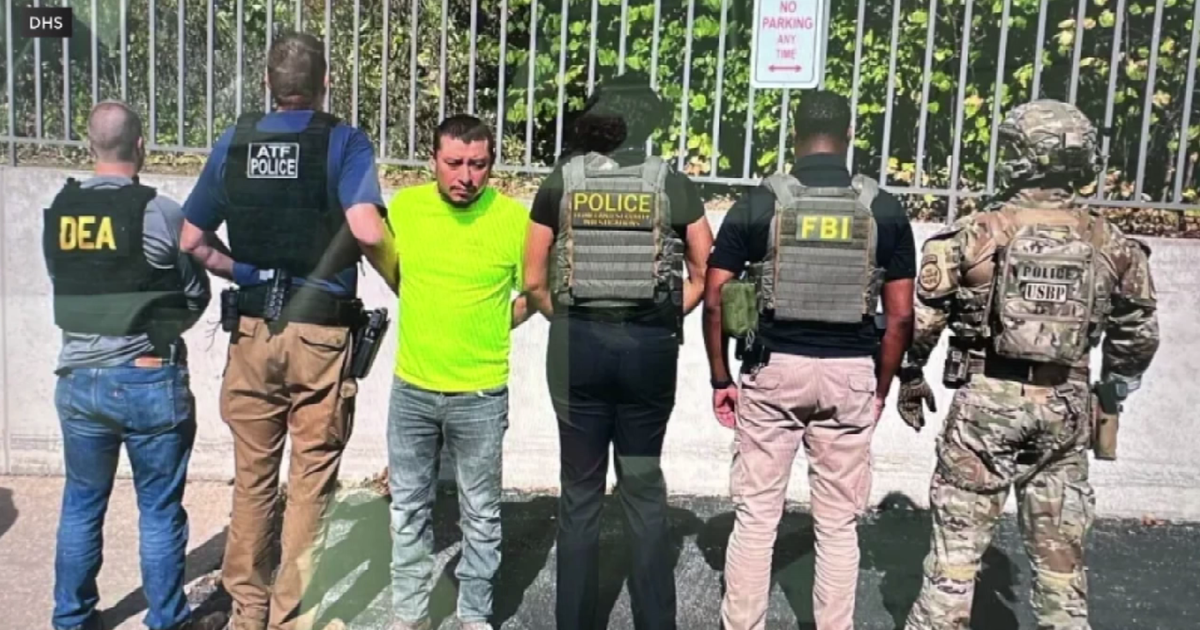Wrongfully Convicted Man Set Free; Suspect Charged In '92 Murder
CHICAGO (CBS) -- A convicted killer was charged Tuesday with the 1992 murder of a 6-year-old boy after prosecutors moved to vacate the conviction of a man who wrongfully served more than two decades for the crime.
Osborne Wade, 42, was charged in the slaying of Lindsey Murdock, a first-grader who was found dead in a vacant garage on the Far South Side after he was sexually assaulted.
Wade has been held in the Cook County Jail since June 30 for failing to register as a convicted murderer. He was 23 when he killed an 18-year-old man. Records show he lived in the same neighborhood where Lindsey was killed.
Mark Maxson is the 15th person whose conviction was vacated after a reinvestigation by Cook County State's Attorney Anita Alvarez's Conviction Integrity Unit that was formed in 2012.
The unit reviewed Maxson's case after his attorneys, Elliott Zinger and Larry Dreyfus, filed a post-conviction petition on his behalf and persuaded a judge last year to authorize new DNA tests in the case.
The Illinois State Police tested Lindsey's clothing, and on May 31 determined that DNA on his pants and shirt matched Wade's DNA, records show. Wade has given a confession to the murder, a source said. He's scheduled for a bond hearing Wednesday.
On Tuesday, prosecutors asked Judge Thaddeus Wilson to vacate Maxson's conviction.
Maxson was released from Stateville Correctional Center on Tuesday afternoon. He was serving a life sentence.
Maxson initially drew the attention of police because he told a TV reporter he bought chips for Lindsey and told the boy to go home a day before he was found dead under debris in an abandoned garage near 107th and State. But police said Maxson's story kept changing.
He allegedly confessed that he sexually assaulted and killed the boy in the garage after smoking crack and drinking beer.
Maxson accuses the detectives of punching and kicking him during their interrogations and says he was coerced into giving a confession.
No physical evidence linked Maxson to Lindsey's murder. At his trial, a prosecution witness who examined a bloodstain on the boy's shirt and one on his jeans testified the stains couldn't have come from Maxson or the boy. Based on his confession, though, the jury convicted Maxson.
Before he was sentenced to life in prison, Maxson insisted he didn't kill Lindsey.
"All of the evidence belonged to someone else," Maxson told Judge Daniel Locallo at his sentencing in 1994. "I am charged with a crime I did not commit." Locallo responded that Maxson possessed a "malignant heart" and needed to be eliminated from society.
(Source: Sun-Times Media Wire © Chicago Sun-Times 2016. All Rights Reserved. This material may not be published, broadcast, rewritten, or redistributed.)







